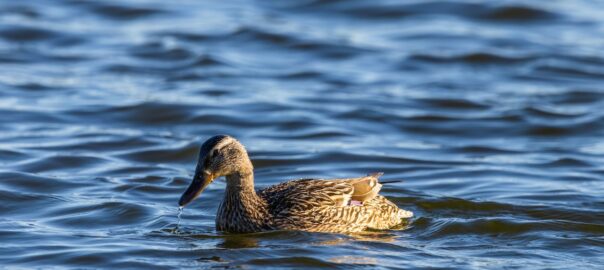Water conservation refers to the practice, techniques, and strategies employed to manage fresh water resources effectively, ensuring they meet current and future human demands. With growing water scarcity and population growth, conserving water has become imperative for ensuring a sustainable water supply, preserving ecosystems, and mitigating the impacts of climate change. By adopting water-efficient practices, promoting responsible water consumption, and implementing innovative water management strategies, we can safeguard this precious resource for generations to come.
Understanding the Importance of Water Conservation
Water is a finite resource essential for all aspects of life, including drinking, sanitation, agriculture, and industry. Water conservation helps ensure adequate water supply for present and future generations while minimizing the strain on natural ecosystems. By valuing and conserving water, we can address water scarcity, reduce energy consumption, and promote sustainable development.
Efficient Water Use in Daily Life
Efficient water use in daily life is key to water conservation. Implementing simple practices, such as fixing leaks, installing water-efficient fixtures, and using water-saving appliances, can significantly reduce water consumption. Adopting behavioral changes, such as taking shorter showers, turning off taps when not in use, and collecting and reusing rainwater, further promotes responsible water use.
Sustainable Agriculture and Irrigation Practices
Agriculture accounts for a significant portion of global water consumption. Adopting sustainable agricultural practices, such as precision irrigation techniques, drip irrigation systems, and efficient water management on farms, helps optimize water use, minimize runoff, and reduce water waste. Using drought-resistant crops and improving soil moisture retention also contribute to water conservation in agriculture.
Industrial Water Management and Recycling
Industries can play a crucial role in water conservation by implementing efficient water management practices. This includes recycling and reusing water within industrial processes, implementing water-saving technologies, and optimizing cooling and heating systems to minimize water consumption. Treating and reusing wastewater can further reduce the strain on freshwater resources.
Water-Efficient Landscaping and Outdoor Water Use
Landscaping practices can have a significant impact on water consumption. Choosing native and drought-resistant plants, installing efficient irrigation systems, and employing mulching techniques help conserve water in outdoor spaces. Proper maintenance, including regular monitoring and adjustment of irrigation systems, ensures optimal water use for landscaping.
Education and Community Engagement
Education and community engagement are essential for promoting water conservation. Raising awareness about the value of water, organizing educational programs, and encouraging community participation in water conservation initiatives fosters a sense of responsibility and encourages sustainable water practices. Collaboration between governments, communities, and stakeholders is vital for developing effective water conservation policies and programs.
Conclusion
Water conservation is a crucial component of sustainable resource management. By adopting water-efficient practices in daily life, promoting sustainable agriculture and irrigation, implementing efficient industrial water management, practicing water-efficient landscaping, and fostering education and community engagement, we can ensure the sustainable use of this vital resource. Every individual, community, and industry has a role to play in conserving water and protecting our freshwater ecosystems. Through collective efforts and responsible water management, we can secure a sustainable water future for the well-being of both people and the environment.
